70以上 If P Then Q Q Therefore P Is An Example Of What Kind Of Common Argument 740210-If P Then Q Q Therefore P Is An Example Of What Kind Of Common Argument
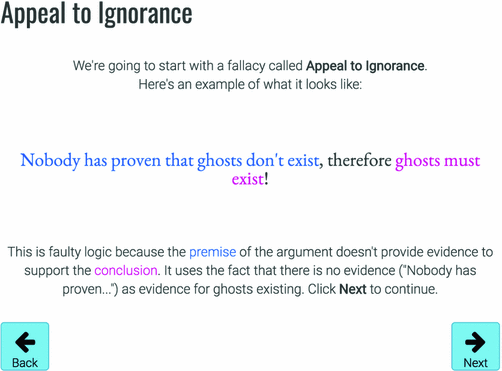
An Instructional Factors Analysis Of An Online Logical Fallacy Tutoring System Springerlink
Section24 Logical Arguments 🔗 Definition 241 An argument is a sequence of statements ( premises) that ends with a conclusion A valid argument is one where the conclusion follows from the truth of the premises For the sequence of premises p1,p2,,pn p 1, p 2, , p n and conclusion q, q, an argument is valid if p1∧p2 ∧⋯∧pnLet p and q be statement variables which apply to the following definitions The conditional of q by p is "If p then q " or " p implies q " and is denoted by p q It is false when p is true and q is false;
If p then q q therefore p is an example of what kind of common argument
If p then q q therefore p is an example of what kind of common argument-P then q” or “p implies q”, represented “p → q” is called a conditional proposition For instance “if John is from Chicago then John is from Illinois” The proposition p is called hypothesis or antecedent, and the proposition q is the conclusion or consequent Note that p → q is true always except when p is true and q is falseArgued for So the conclusion of an argument is the claim that the arguer is trying to convince you of They provide reasons to support this claim, which they hope will be enough to give you good reason to believe their claim If a series of sentences doesn’t have a point that it is trying to convince their audience of then it is not an argument
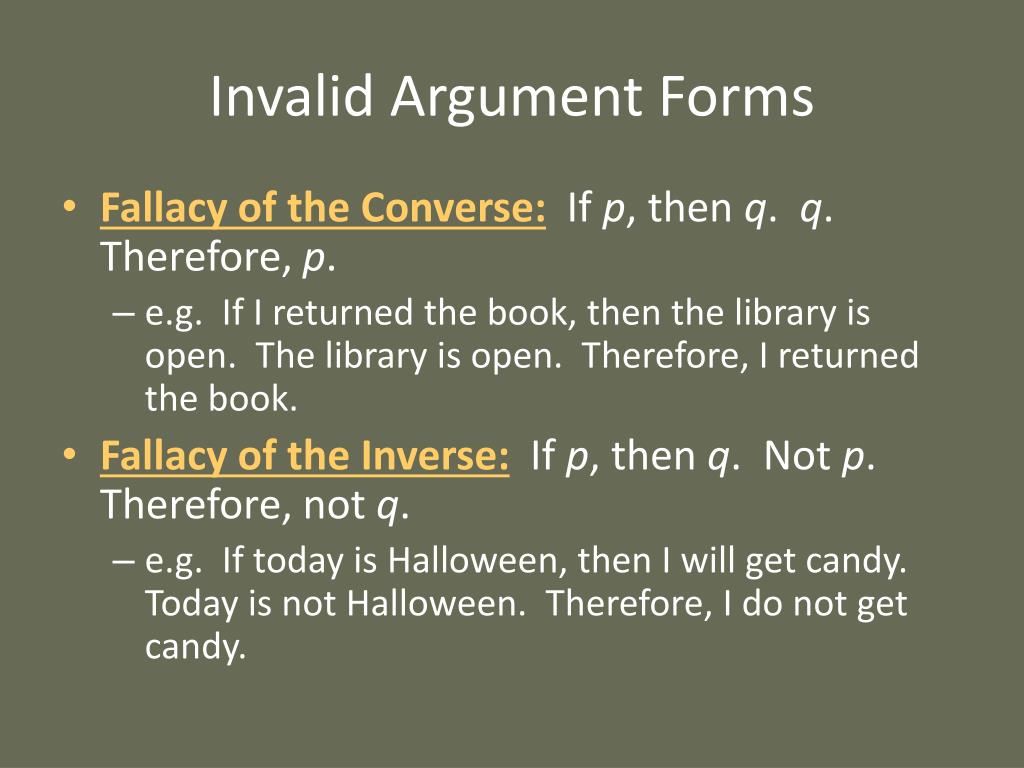
Ppt Verifying Arguments Powerpoint Presentation Free Download Id
They stand, rather, for common nouns, eg, dogs, philosophers, vegans and so on) Case 10 Reductio ad absurdum a method of argumentation by which a statement S is argued against by showing that absurd consequences follow from S, that is, a consequence known to be false;The part of a conditional statement (If p, then q) introduced by the word then Deductive Argument An argument intended to provide logically conclusive support for its conclusionTherefore if p is true
7 Modus tollens premises, conclusion Common form (modus tollens) If p, then q (premise) Not q (premise) Therefore not p (conclusion) A premise is a statement presumedtrue for purposes ofGiven the previous explanation it should be clear that P → Q has the same meaning as ¬ (P ∧ ¬ Q), since the latter explicitly eliminates the possibility of P and ¬ Q both being true, and leaves all other possibilities open That already might do the trick for you, ifA dilemma is a form of reasoning that presents a choice between two alternatives Here is an example “If P then Q And if R then also Q But either P or R So in any event, Q” Dilemmas are perfectly respectable forms of argument In an argument of this sort, P and R are called “the horns” of the dilemma
If p then q q therefore p is an example of what kind of common argumentのギャラリー
各画像をクリックすると、ダウンロードまたは拡大表示できます
 2 |  2 | 2 |
2 | 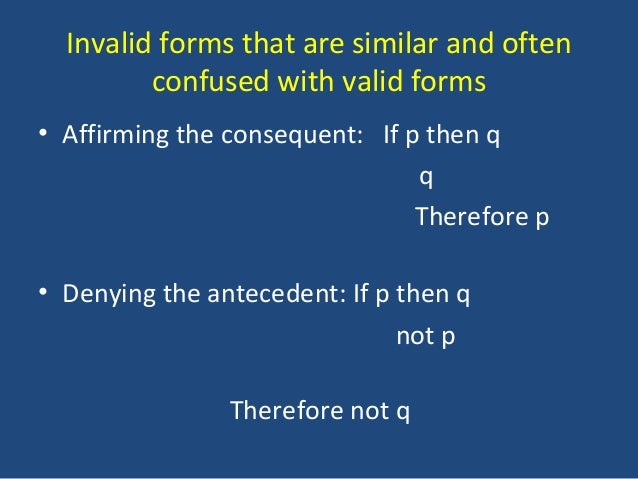 2 |  2 |
 2 | 2 |  2 |
 2 | /converse-5655e26e5f9b5835e437fb1a.jpg) 2 |  2 |
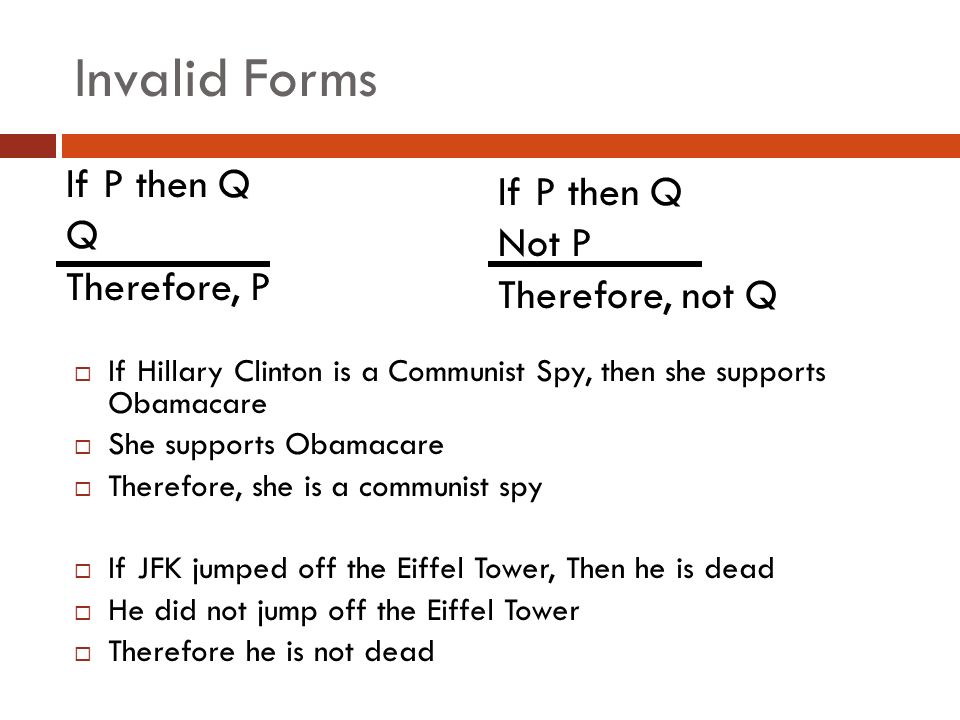 2 | 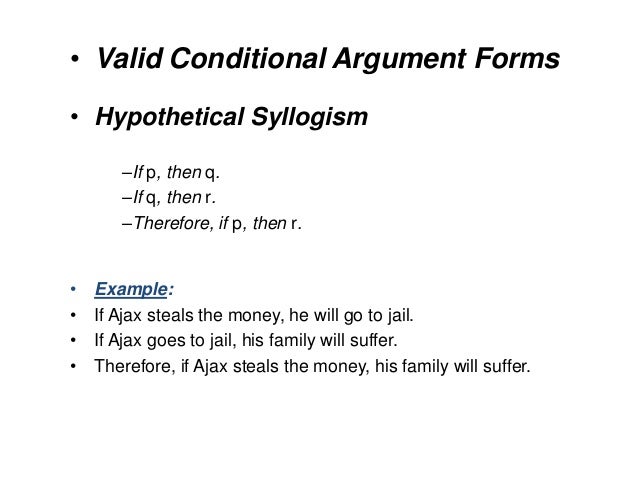 2 |  2 |
2 | 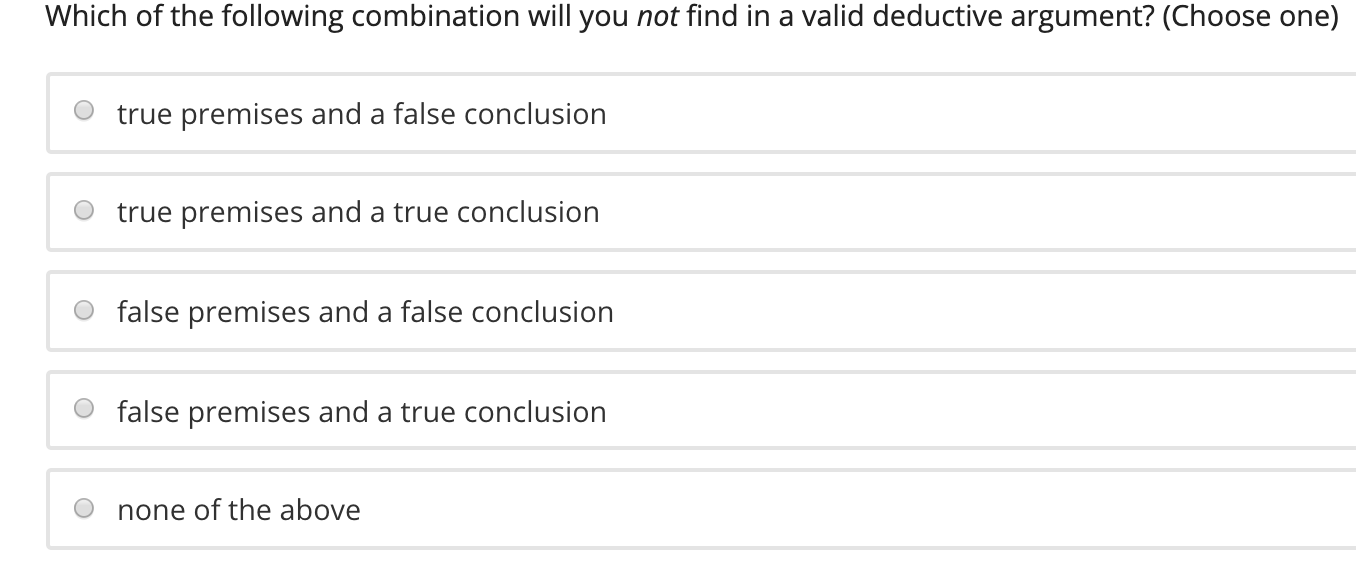 2 | 2 |
 2 |  2 | 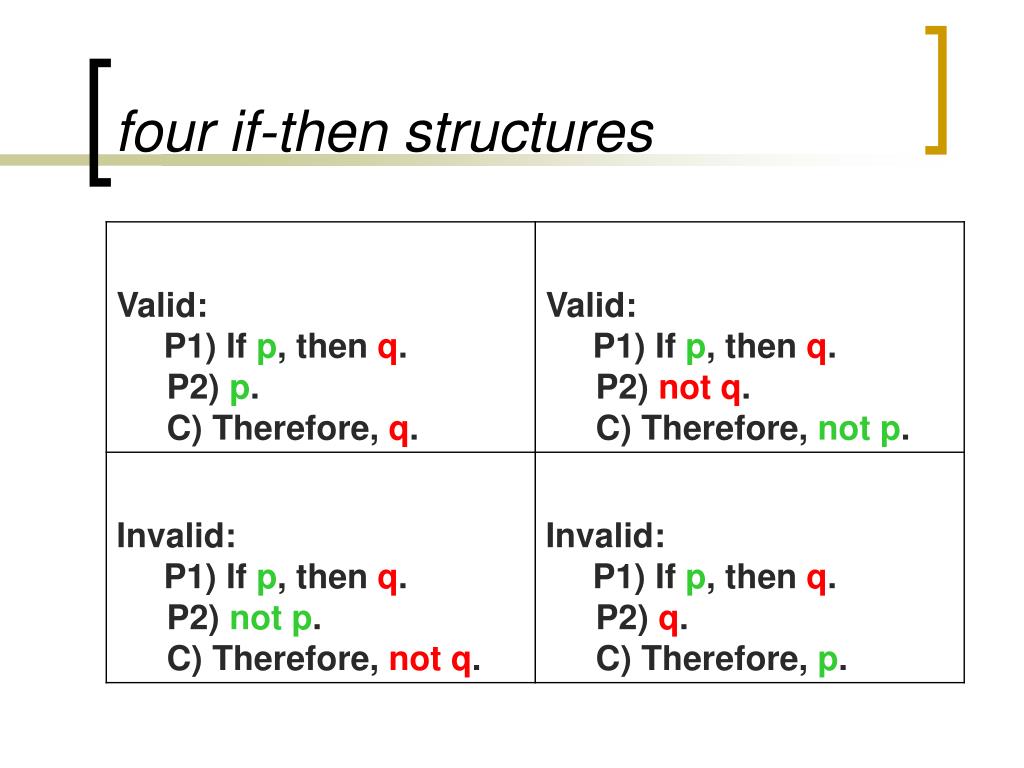 2 |
 2 | 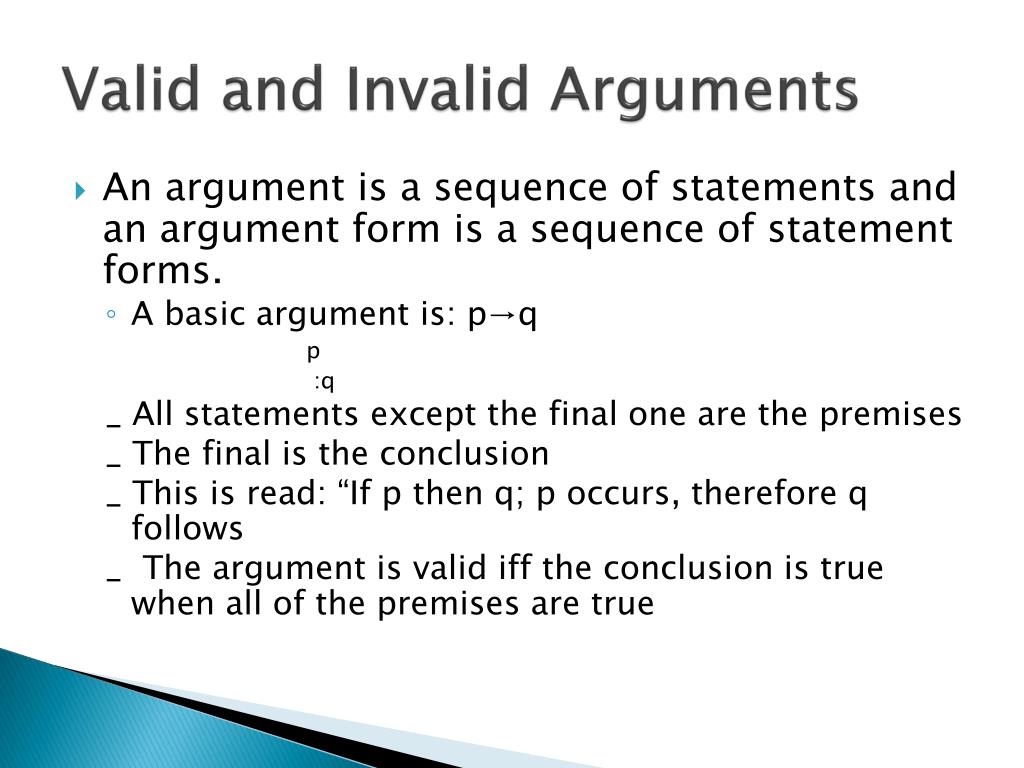 2 |  2 |
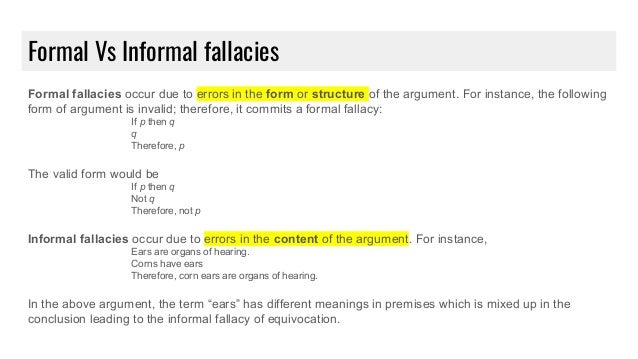 2 | 2 |  2 |
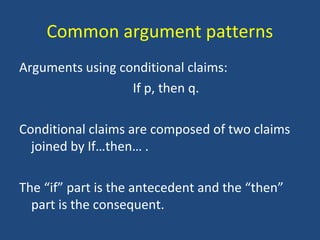 2 | 2 |  2 |
 2 | 2 |  2 |
 2 | 2 |  2 |
 2 | 2 |  2 |
2 | 2 |  2 |
 2 |  2 | 2 |
 2 |  2 | 2 |
2 |  2 | 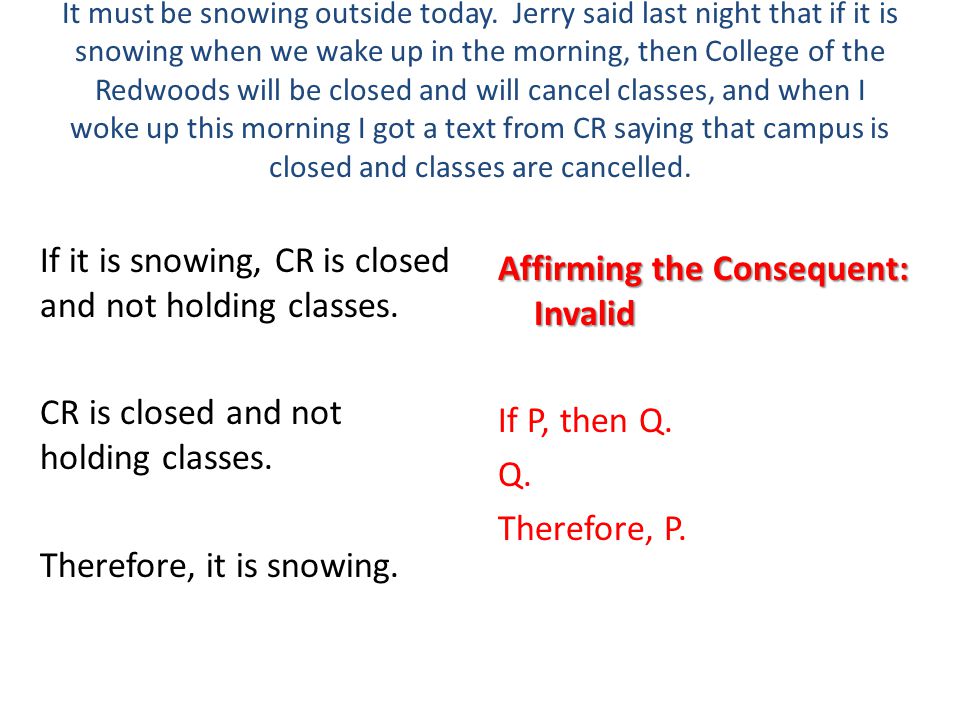 2 |
 2 | 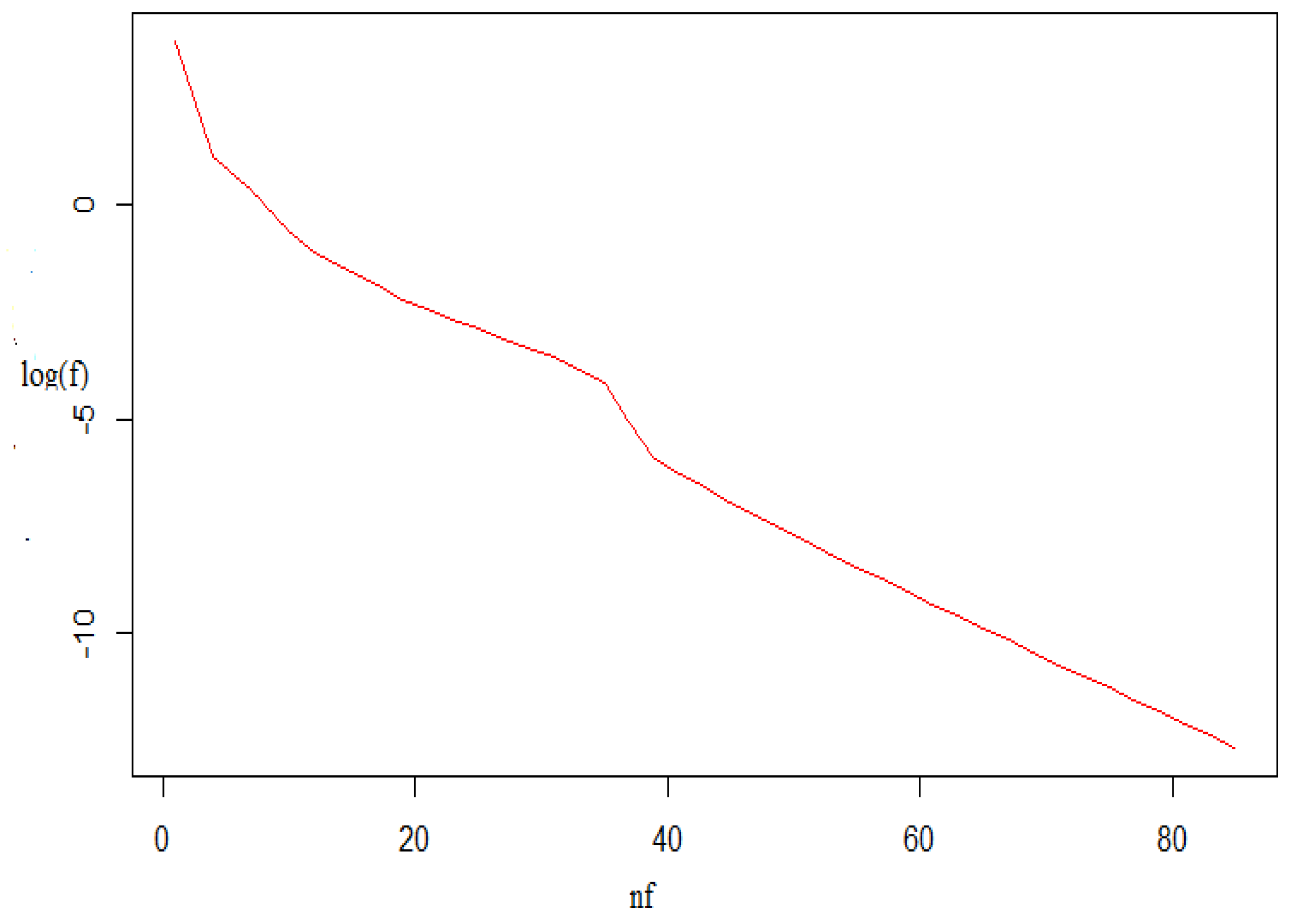 2 | 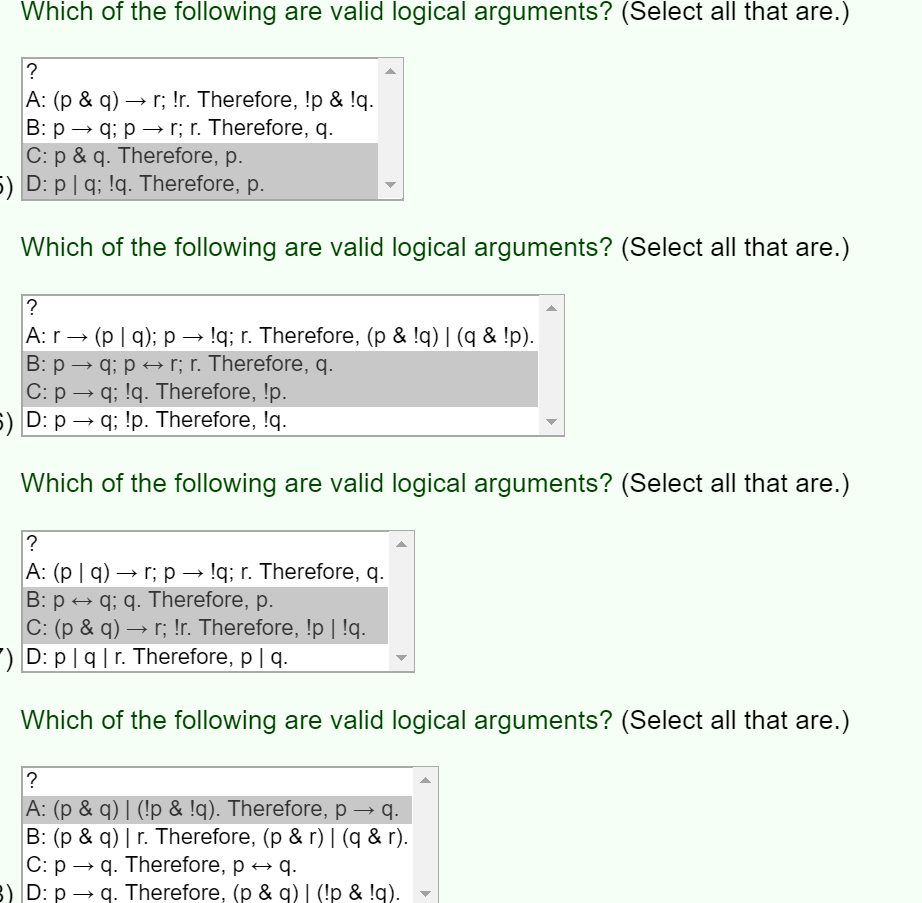 2 |
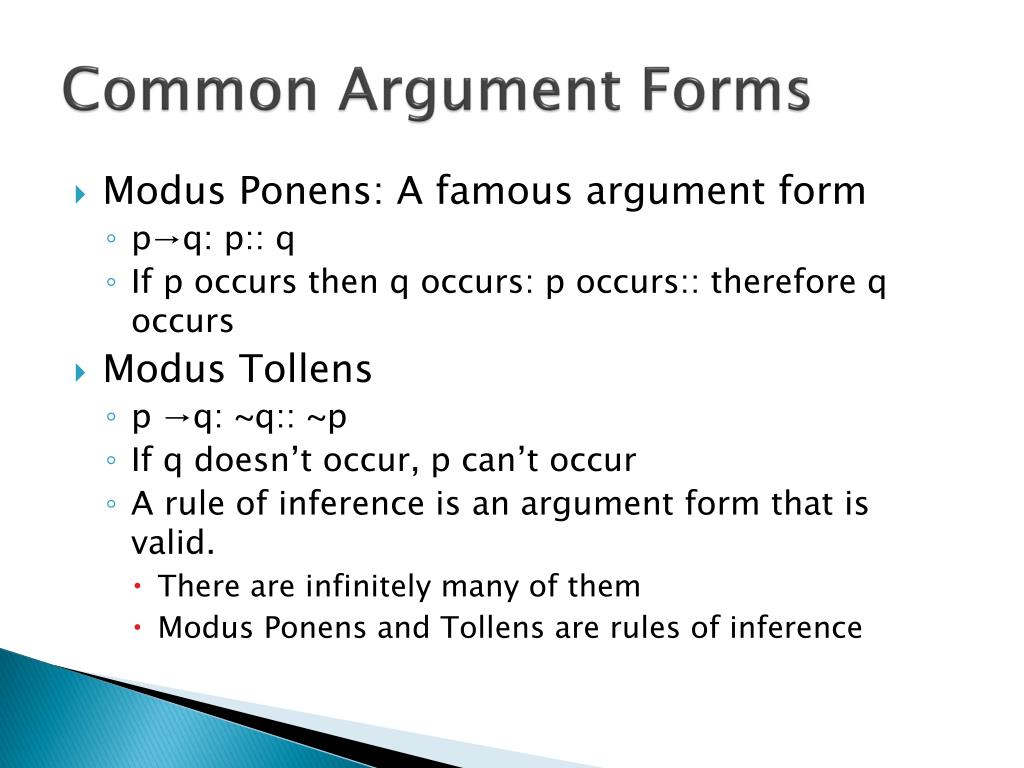 2 | 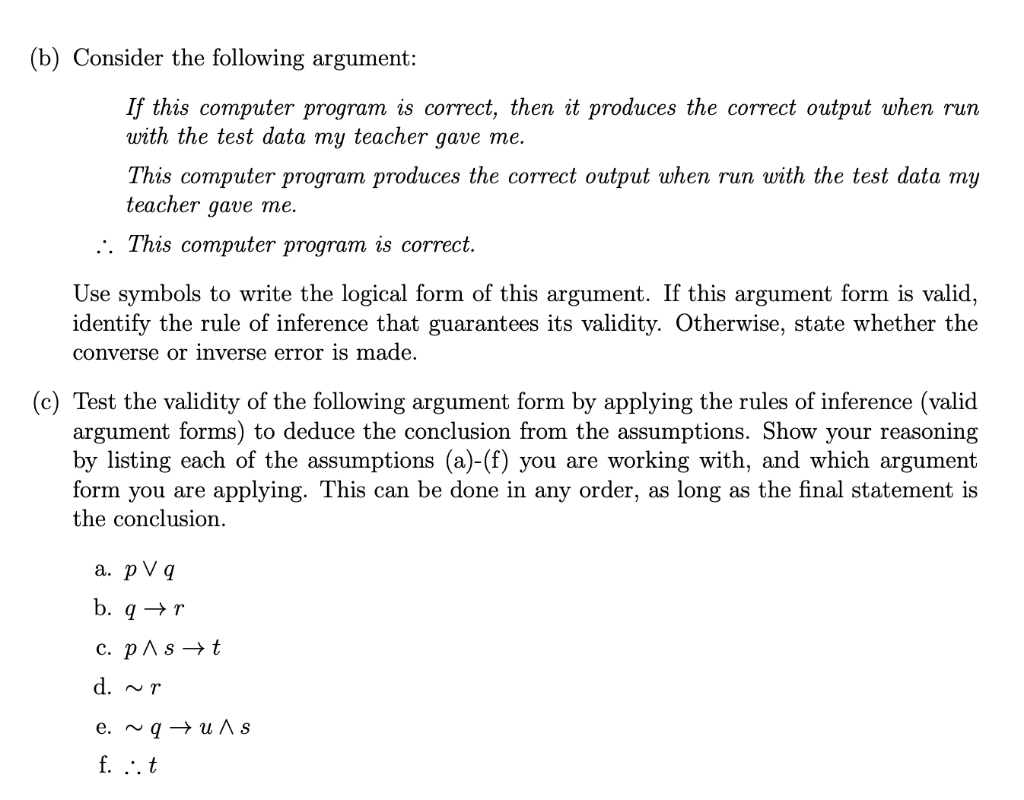 2 |  2 |
2 |  2 | 2 |
 2 | 2 | 2 |
 2 | 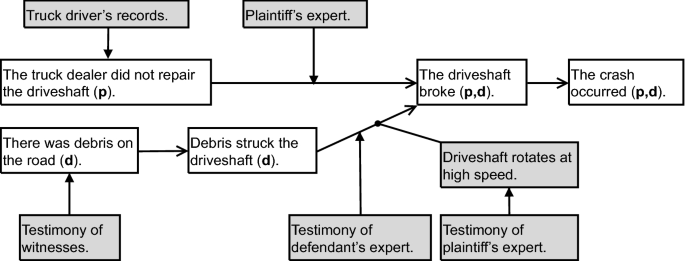 2 |  2 |
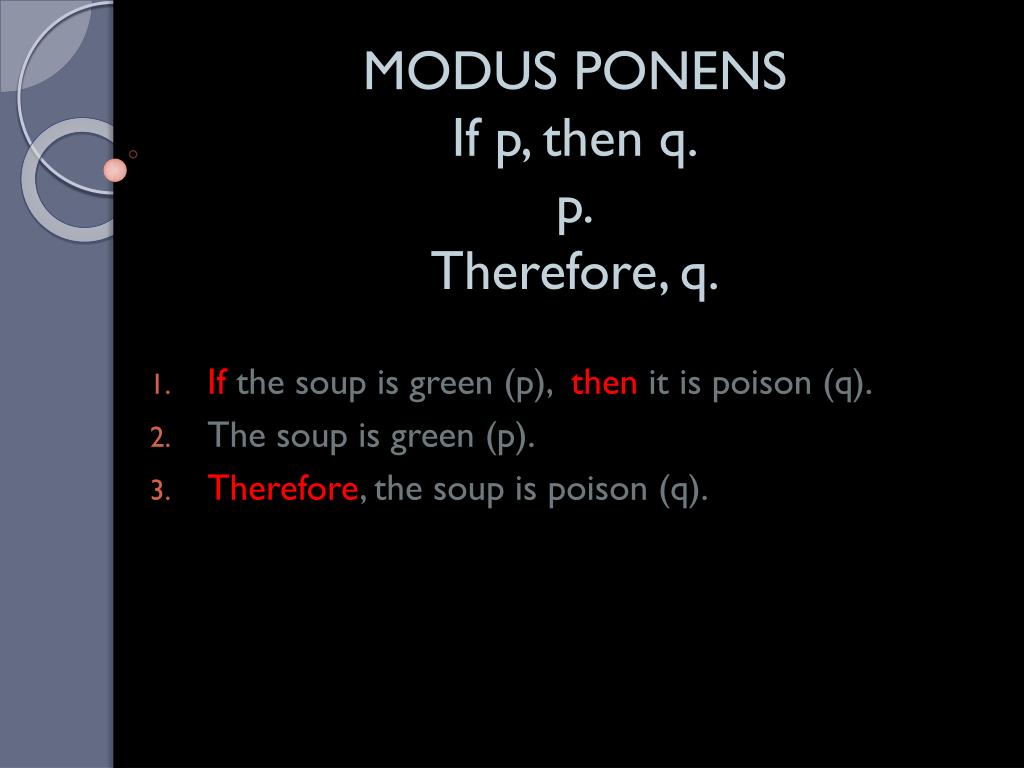 2 |  2 |  2 |
2 | 2 |  2 |
 2 |  2 | 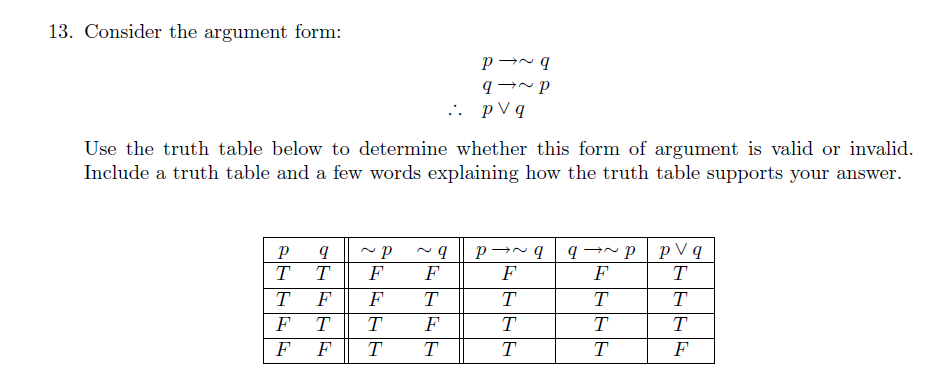 2 |
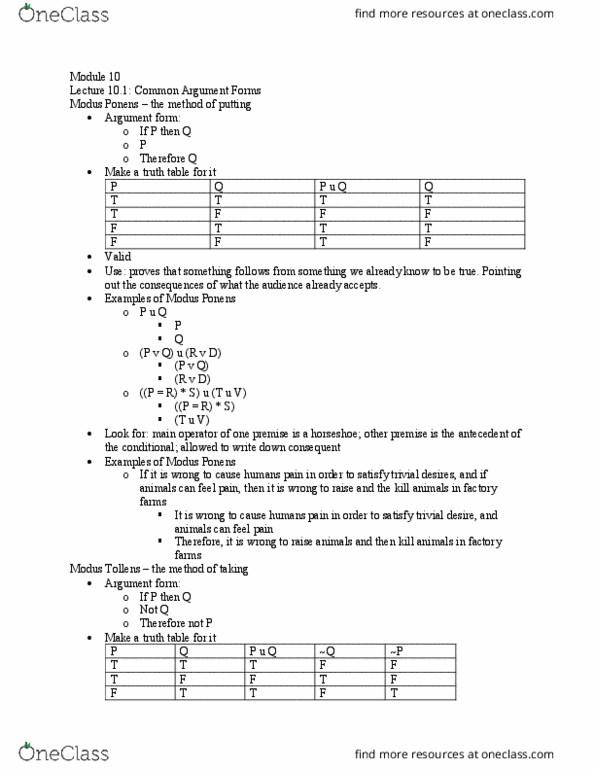 2 | 2 | 2 |
 2 | 2 |  2 |
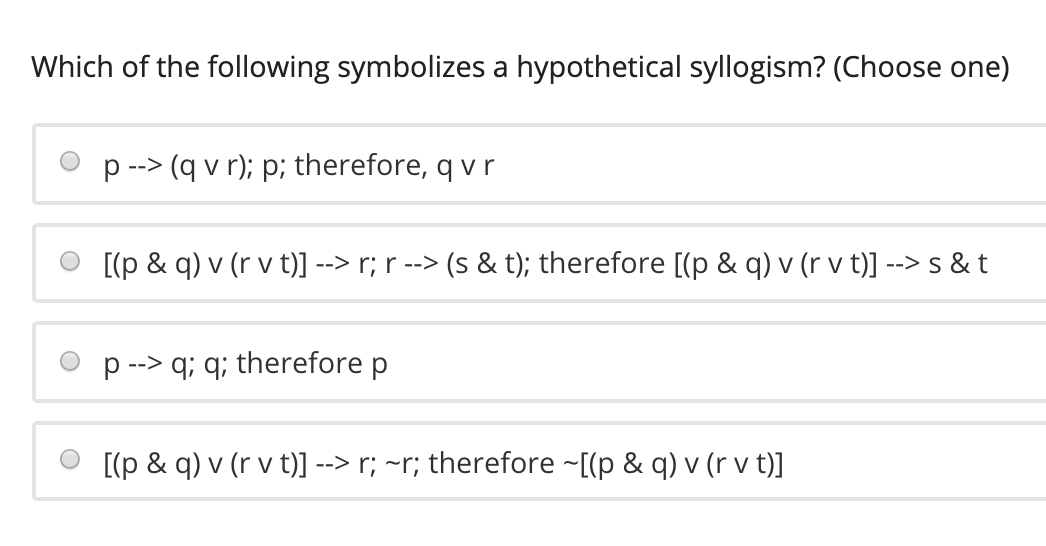 2 | 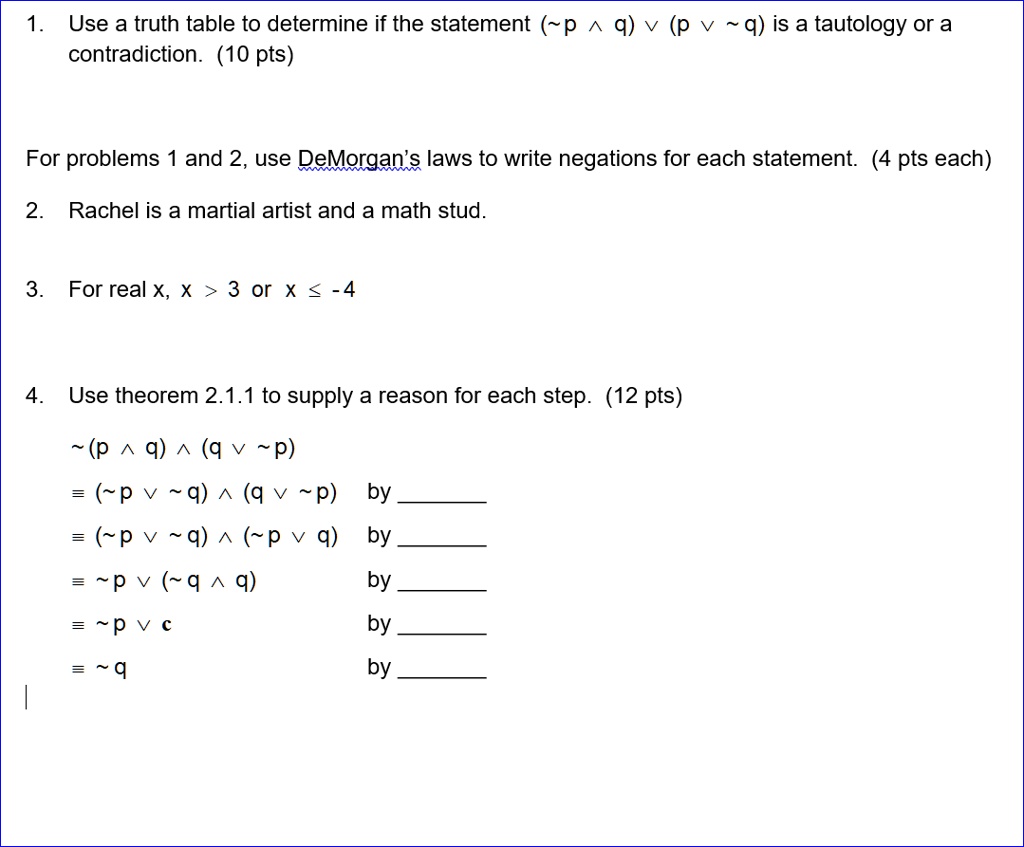 2 |  2 |
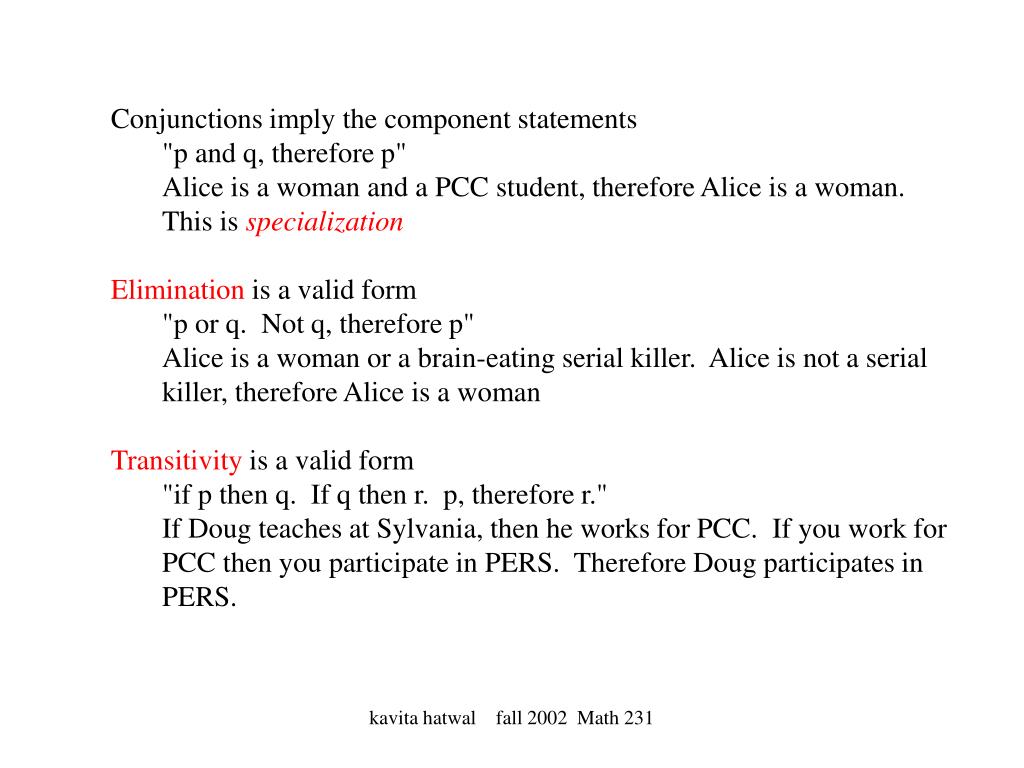 2 | 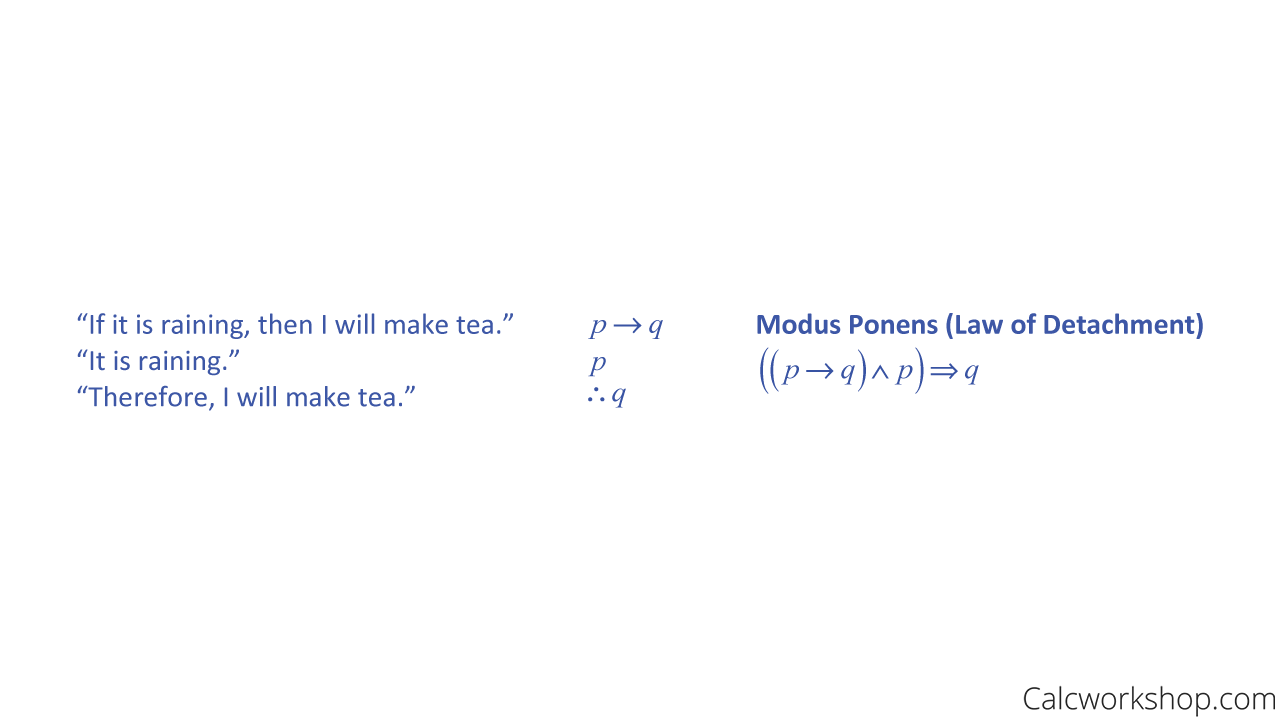 2 | 2 |
2 | 2 | 2 |
 2 | 2 |  2 |
 2 | 2 | 2 |
 2 |  2 | 2 |
 2 |  2 |  2 |
2 |
The Bible is true because God wrote it;Therefore, not q —is called modus tollens a True b False This argument form known as modus tollens is valid a True
Incoming Term: if p then q q therefore p is an example of what kind of common argument,
コメント
コメントを投稿